One of India’s finest photojournalists, Raghu Rai started shooting Mumbai nearly 40 years ago from 1970 onwards. Over the years, he captured important occasions, festivals, demonstrations and special moments from the everyday life of ordinary people. It was a varied and mixed experience of the rich, the famous, the ordinary and the commonplace.
For Raghu Rai, Mumbai has been like a mini New York the business hub of an over crowded nation; a cultural melting pot overflowing with job seekers, dreamers and dynamic businessmen with a high level of energy almost always palpable in a city wrought with social, cultural, religious and political tensions; and a metropolis that, like Kolkata, had been photographed extensively since the 1850s by some of the finest photographers in the world.
The tragic 26/11 attach on Mumbai brought the historic city to the forefront of every Indian’s attention. As a befitting tribute to the city, Raghu Rai decided to put together a personal record of how it was spread its wings, tentacles and roots in every direction over the last few decades.
Renowned journalist, columnist, TV interviewer, food writer and more, Vir Sanghvi notes in a brilliant and moving introduction to this invaluable photo history of a city, of the lives of those millions for whom Mumbai will always be a city where dreams never die: Few modern cities can owe as much to those who came from other places the so called outsiders as Bombay. In some sense, nearly everybody who lives in the city is an outsider, or belongs to a family that was once regarded as being outsiders. And yet, without these outsiders, Bombay would be nothing.
The genius of Raghu lies in the way film stars and salarymen, all seem to fit seamlessly into his Bombay. Nothing jars. Nothing seems out of place. The statues at Elephanta, the slums at Dharavi and the lights outside the Taj Mahal Hotel, all seem an integral part of the same city.
So while the film stars and the tycoons will come and go, Raghu knows that Bombay, by whatever name you choose to call it will go on forever.
ABOUT THE AUTHOR Raghu Rai
Raghu Rai started photographs in 1965. He was Chief Photographer of The Statesman (1966-1976). In 1977, legendary photographer Henri Cartier - Bresson nominated Rai to Magnum Photos, the world’s most prestigious photographers’ cooperative. Thereafter, Rai was Picture Editor with Sunday (1997-1980) and Picture Editor - Visualiser – Photographer of India Today (1982-1991) where he contributed trail – blazing picture-essays on social, political and cultural themes of the decade.In 1971, he was awarded the Padmashree, one of India’s highest civilian awards. In 1992, he received the ‘Photographer of the Year’ award in the United States for his story, ‘Human Management of wildlife in India’, published in National Geographic. His photo-essays have appeared in many of the world’s leading magazines and newspapers. He has been on the jury of the World Press Photo contest, thrice and on UNESCO’s International Photo Contest, twice.Raghu Rai has done extensive photo-documentation of the 1984 Bhopal Gas Tragedy and its continuing effects on the lives of the victims as a special assignment for Greenpeace International.He has 28 books to his credit including Raghu Rai’s Delhi, The Sikhs, Tibet in Exile, Indira Gandhi, Mother Teresa, Raghu Rai’s India and India’s Great Master Musicians. His works have also been published in major books done by Magnum Photo.Rai’s photographs have been exhibited in one man shows in Bunkamura Museum, Tokyo and Museo De Capitolini, rome. They have also been exhibited in prestigious galleries. In 2007, a major retrospective of his work was held at Arles Festival, while in 2008, the bigger ever retrospective of a photographer in India was held at the National Gallery of Modern Art, New Delhi and Mumbai.Raghu Rai continues to be an associate of Magnum Photos and works on personal projects and pictorials.
ABOUT THE AUTHOR Vir Sanghvi
Vir Sanghvi is probably the best-known Indian journalist of his generation. He was twenty-two when he became Founder-Editor of Bombay magazine. Thereafter, his brilliant career has included editorships of Imprint, one of India’s foremost feature magazines, Sunday, then India’s largest – selling weekly newsmagazine, and of Hindustan Times, north India’s biggest English – language daily.Sanghvi also has a parallel career as an award-winning TV interviewer and has hosted various successful shows on confessed gourmand, he is India’s premier food writer. His book Rude Food won the Cointreau Award, the international Food Business’s Oscar for Best Food Literature in the world. He has authored several best-selling books including Men of Steel, and Madhavrao Scindia: A Life, that he co-authored.

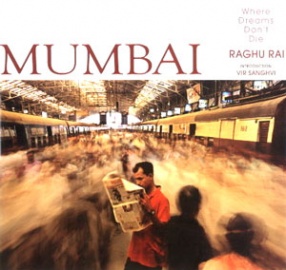
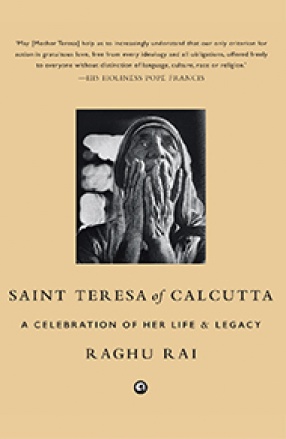
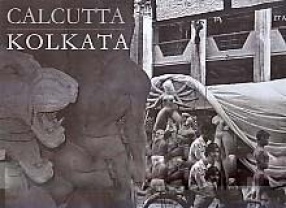
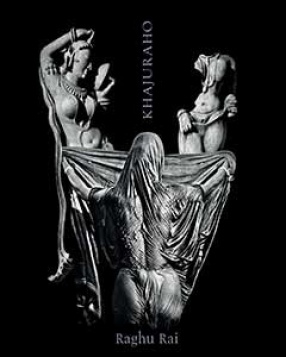
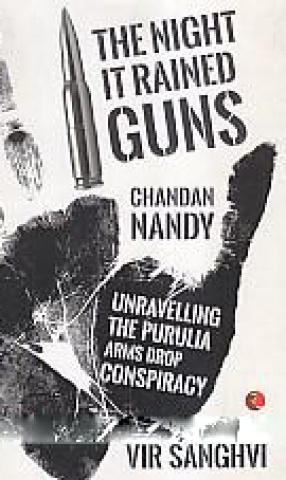
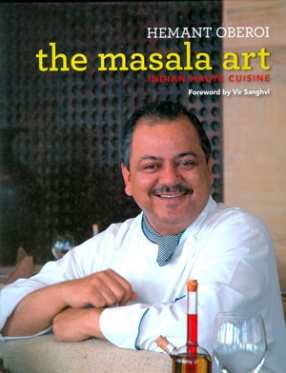
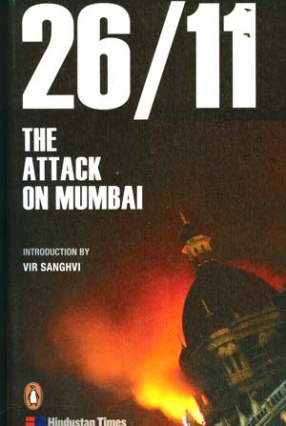
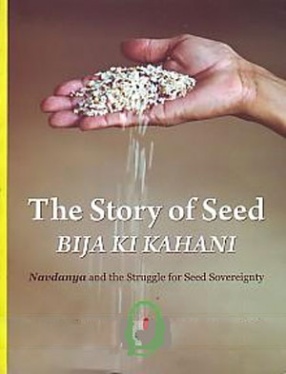
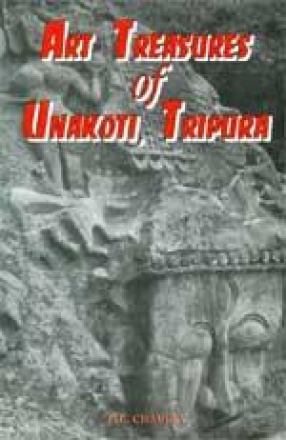

There are no reviews yet.